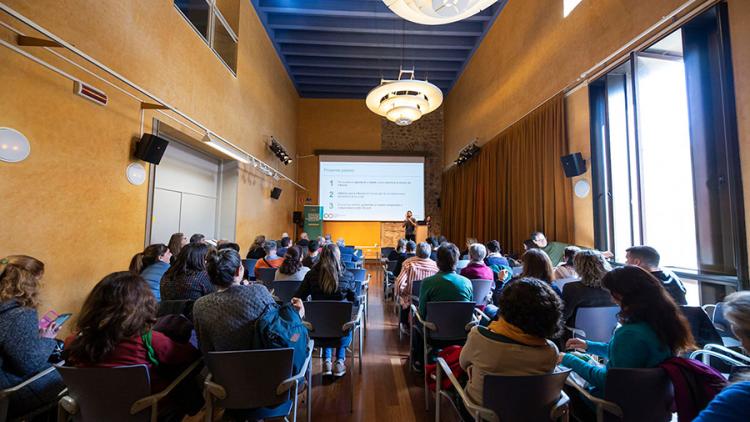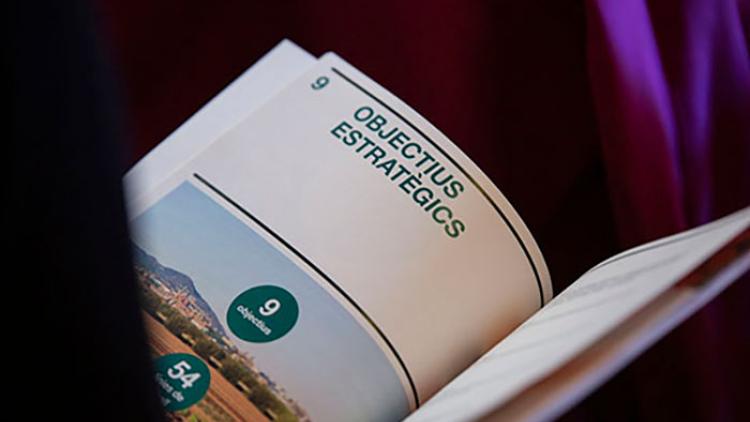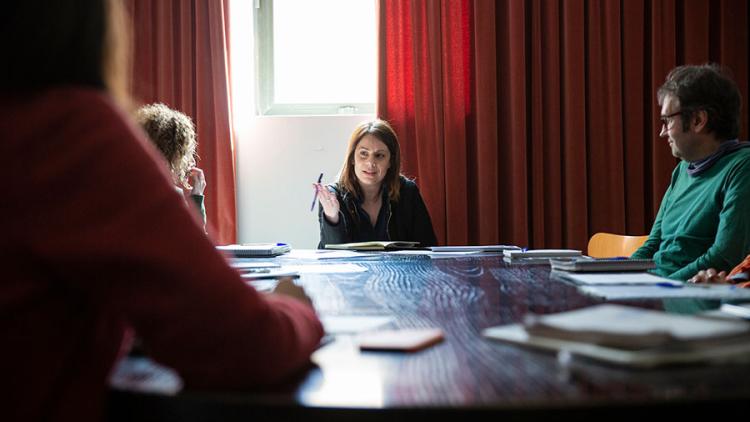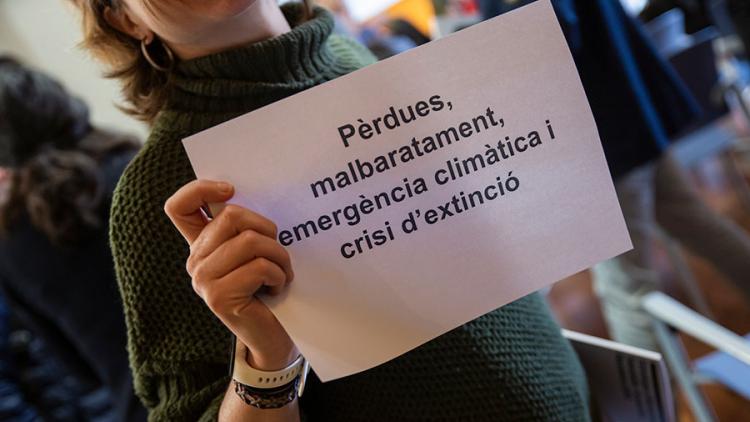Barcelona healthy and sustainable food strategy 2030
The citizens and agents that participate in the city's food system have been working together to produce the Barcelona healthy and sustainable food strategy 2030 (EASSB2030), the roadmap for the coming years for transforming the current model and improving the health of people, economies and the planet.
To ensure the follow-up and implementation of the strategy, Barcelona City Council has created a new participative body, the City Agreement for the EASSB2030, the space for public-private cooperation and the joint action of institutions and organisations from the city who are working to make the current food system healthier and more sustainable.
Would you like to take part in the City Agreement?
Any public or private organisations can join, be they shops, entities, markets, restaurants, universities, hospitals, administrations, etc.
Once they have joined, and within a period of two years, the organisations will have to present at least one commitment to the Agreement, a declaration of intent with specific actions to promote healthy and sustainable food.
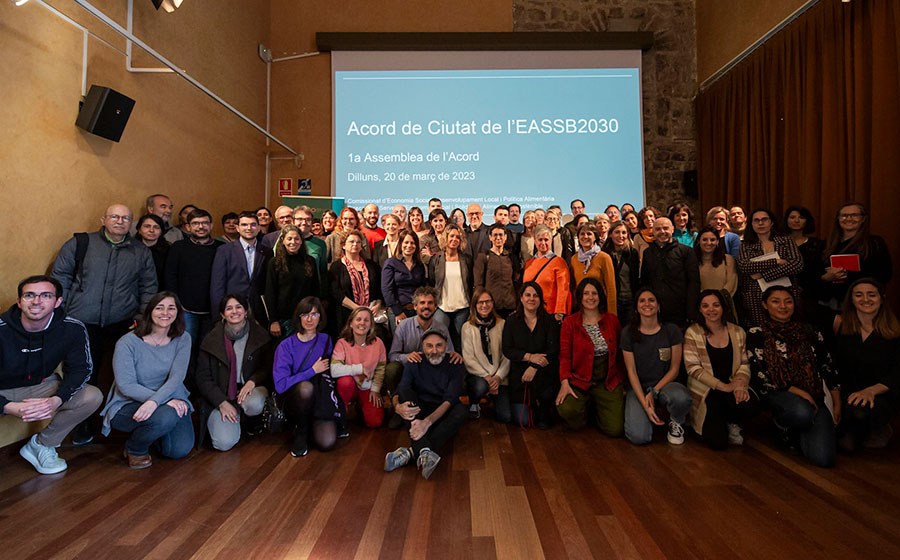
What do the organisations that have joined the Agreement say?
Why have they decided to participate in this space? What has their experience been up to now? What commitments have they agreed to as an organisation? Discover the testimonies of the organisations that have joined!
- XAMEC
- Fundació Àurea
- Fork
- Slowfood
- Societat Catalana de Pediatria
- Rezero
Want to find out more?
-


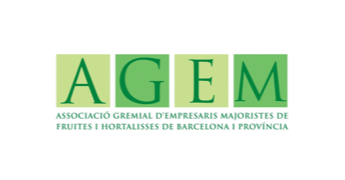
Associació Gremial d'Empresaris Majoristes de Fruites i Hortalisses de Barcelona i Província


Col·legi de Dietistes-Nutricionistes de Catalunya (CoDiNuCat)
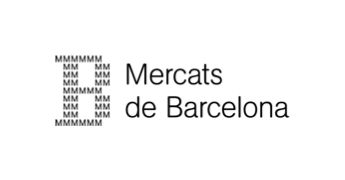
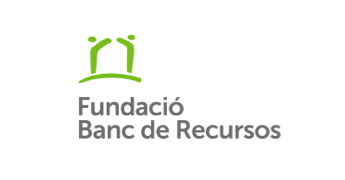
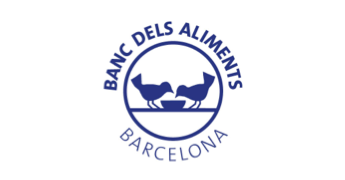



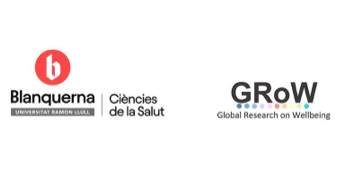
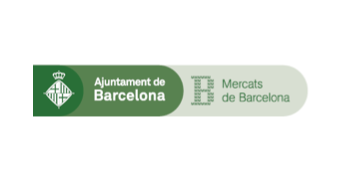

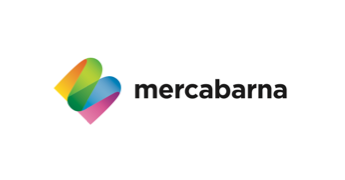




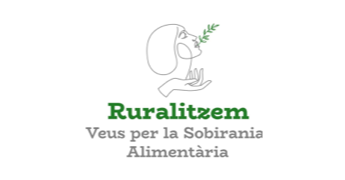
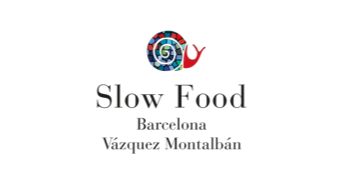
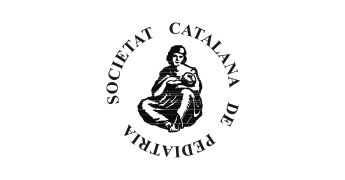
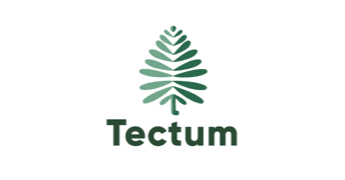

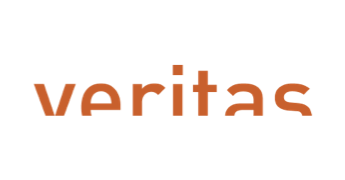

-
-

-

-

-

-

-

-

Associació Espanyola d'Elaboradores i Comercialitzadores de Productes Ecològics (ASOBIO)
-

Associació Gremial d'Empresaris Majoristes de Fruites i Hortalisses de Barcelona i Província (AGEM)
-

Associació Grup d'Experimentació en Naturisme i Sostenibilitat
-

-

-

-

-

-
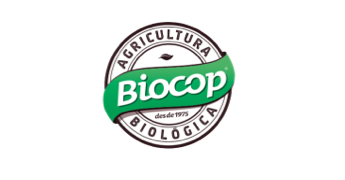
-
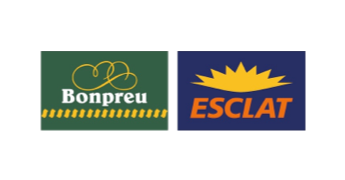
-

-

-
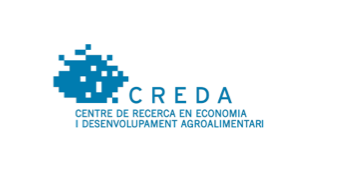
Centre de Recerca en Economia i Desenvolupament Agroalimentari (CREDA)
-

Col·legi de Dietistes-Nutricionistes de Catalunya (CoDiNuCat)
-

Come Comida
-

-

-
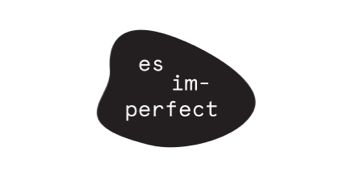
-
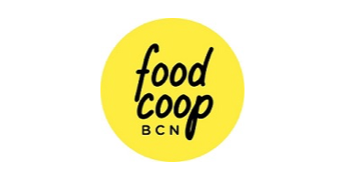
-

-

-

-

-

-

-
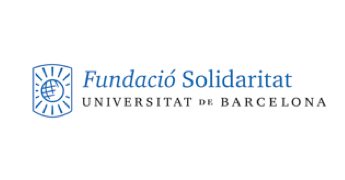
-

-

-

-

-

-

-
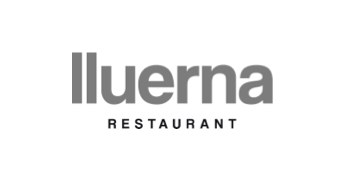
-
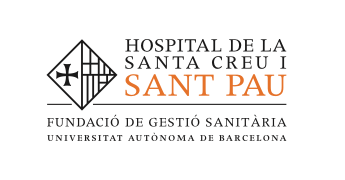
-
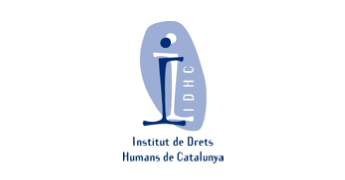
-

-

-
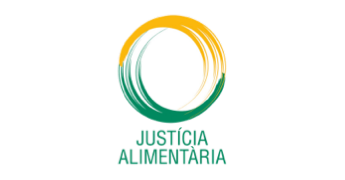
-
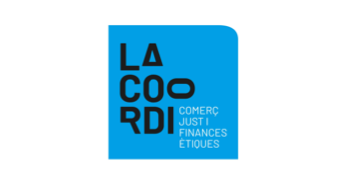
LaCoordi Coordinadora pel Comerç Just i les Finances Ètiques de Catalunya
-

-
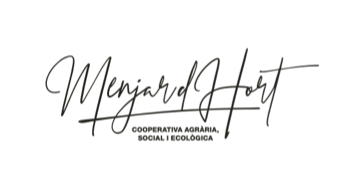
Menjar d'hort
-

-
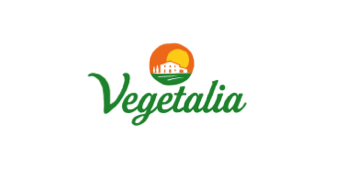
-

-

-

-

-
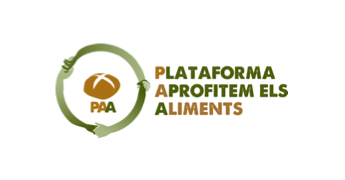
-
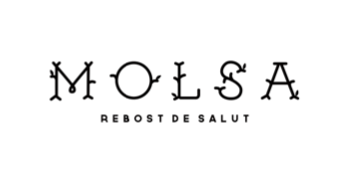
-
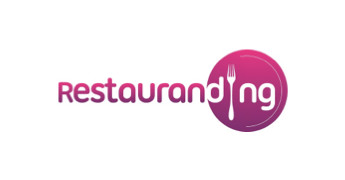
-

-

-

-

-

-

The FORK Organization Food Design for Opportunities, Research & Knowledge
-

-
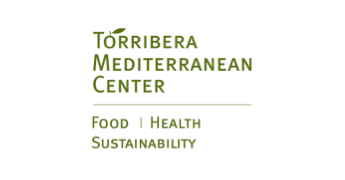
-

-
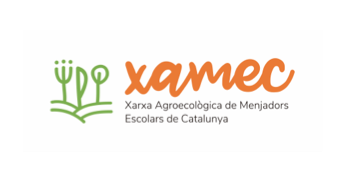
-

-
-
There are two ways to associate with the Agreement. The first is joining, which public or private organisations that wish to participate in the space must do.
All member organisations must present at least one commitment within the first two years, i.e., a declaration of intent that shows the general public their aspirations for promoting healthy and sustainable food through specific actions. Once the commitment has been made, there is a second level of association: the organisation has the chance to take part in the Oversight Group, enjoying greater opportunities for visibility, and present themselves for the Healthy and Sustainable Food Awards.
-
- Promote actions aimed at transforming the food system.
- Share knowledge, experiences and information.
- Disseminate the actions and results achieved within the Agreement framework.
- Propose the themes and projects regarded as relevant to work on.
- Play an active part in the various participatory spaces, in accordance with the interests and capacity of each organisation.
-
- Being part of the city's main public-private meeting place in the area of healthy and sustainable food, thus being able to access information and participate in networking and training sessions.
- Getting to know other organisations and their projects and providing information about their own.
- Taking part in a forum where public policies and municipal actions are contrasted, and being able to influence their definition and prioritisation.
- Being able to present their candidacy for the Healthy and Sustainable Food Awards, which will provide visibility for the winning projects.
- Leading working spaces in specific areas, with City Council backing in the form of support and resources, enabling the production of joint projects aligned with the EASSB2030 and which have the support of the Agreement.
- Reinforcing their social positioning in terms of leading healthy and sustainable food in Barcelona.
- For those jointly-produced projects within the Agreement framework, obtaining a reserved score for subsidies in the area of healthy and sustainable food that are promoted by Barcelona City Council.
-
The Agreement aims to take joint action in order to transform the food system. In that regard it carries out, promotes and creates various initiatives and activities, while promoting collaboration among the city's various organisations.
Among other things, the Agreement promotes:
- Assembly
- Oversight Group
- Spaces for work and debate
- The Barcelona Healthy and Sustainable Food Awards



